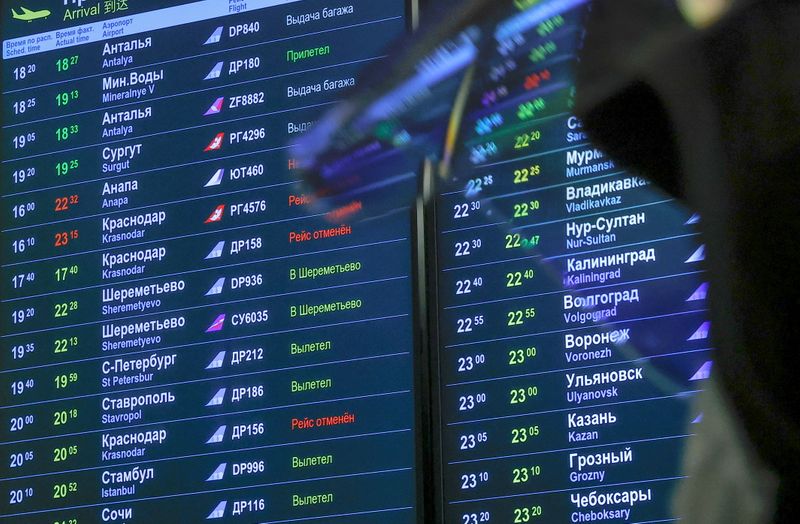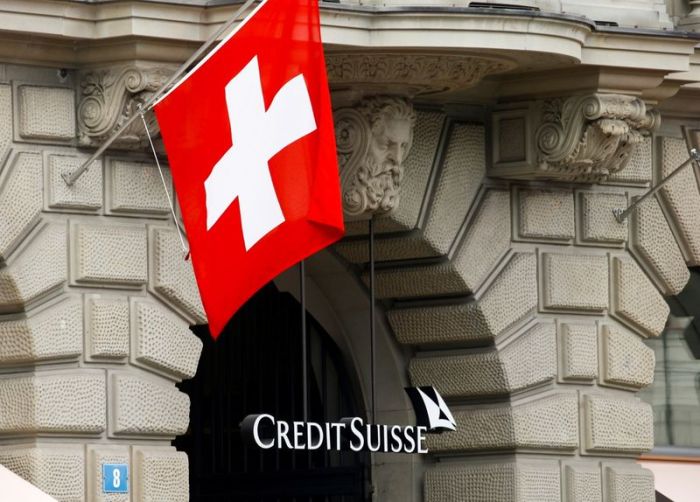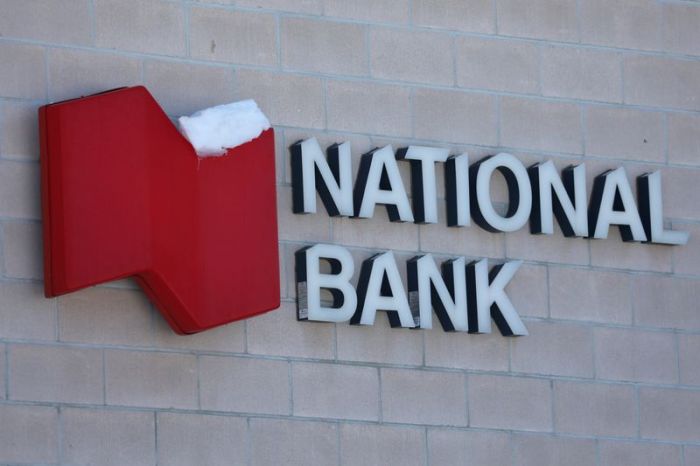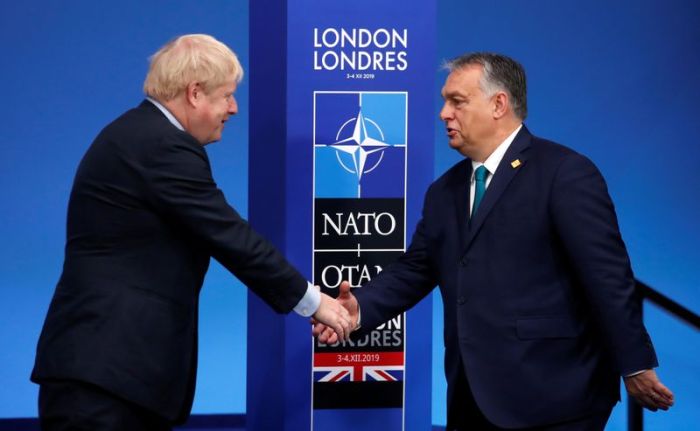MOSCOW (Reuters) -Russia’s federal aviation agency Rosaviatsiya has told airlines that changes to routes from Europe to Russia due to a political row over Belarus may result in longer clearance times, issues described by the Kremlin on Friday as “technical”.
The RBC news outlet reported late on Thursday that Russia would allow European flights to arrive and depart via routes that bypass Belarusian airspace despite Moscow previously denying access to two carriers that skirted Belarus en route to Moscow.
When changing previously approved routes between Europe and Russian airspace, procedural delays could occur for obtaining permission for arrivals, departures and transit through Russian airspace, Rosaviatsiya said in a statement published on Friday.
“The increase in procedure execution times is down to an increase in the total number of requests from airlines.”
It said European airlines had carried out 113 flights using Belarusian airspace on the previous day, with 53 using alternative routes.
Kremlin spokesman Dmitry Peskov said the problems were purely technical in nature and that the issue should not become an additional irritant in Russia’s relations with the European Union.
Russia on Thursday withheld clearance for an Austrian Airlines Vienna-Moscow flight plan avoiding Belarus — a day after failing to approve a revised Air France Paris-Moscow route. Both flights were cancelled.
It did allow an Austrian Airlines Vienna-Moscow flight to bypass Belarusian airspace on Friday however, the TASS news agency cited the company as saying, and allowed in other foreign carriers on Thursday.
The European Union has urged its airlines to avoid Belarus and has moved to close its own airspace to Belarusian carriers amid outrage over Sunday’s interception of a Ryanair jet en route to Lithuania from Greece, and the arrest of a dissident journalist on board.
The European Union’s foreign policy chief Josep Borrell on Friday expressed concern that flights had been blocked, describing the affair as a big disturbance for air traffic.
(Reporting by Gleb Stolyarov, Dmitry Antonov and Alexander Marrow in Moscow, additional reporting by Victoria Waldersee in Lisbon and Sabine Siebold in Berlin; Writing by Alexander MarrowEditing by Andrew Osborn and Catherine Evans)






















